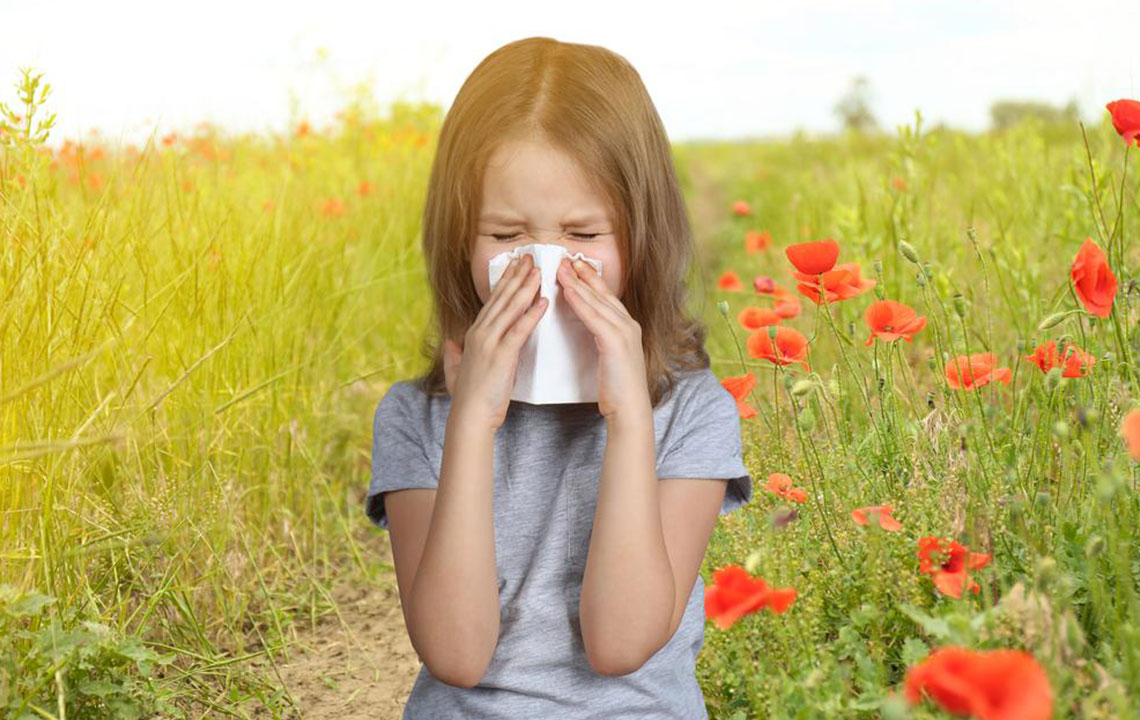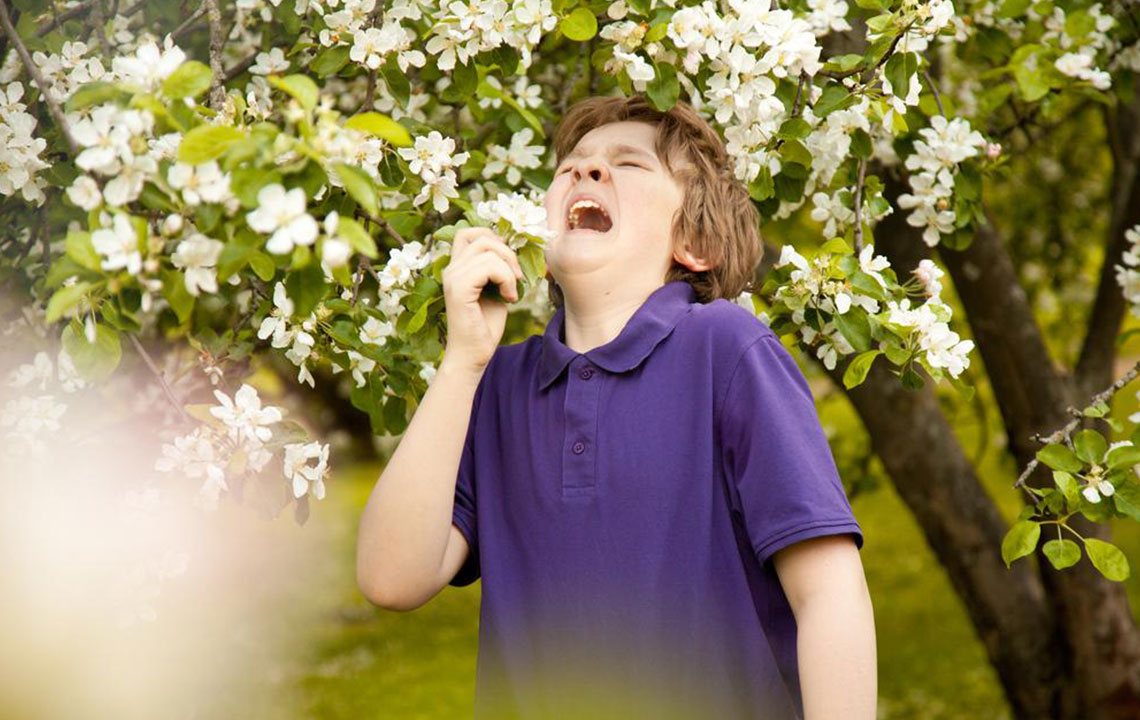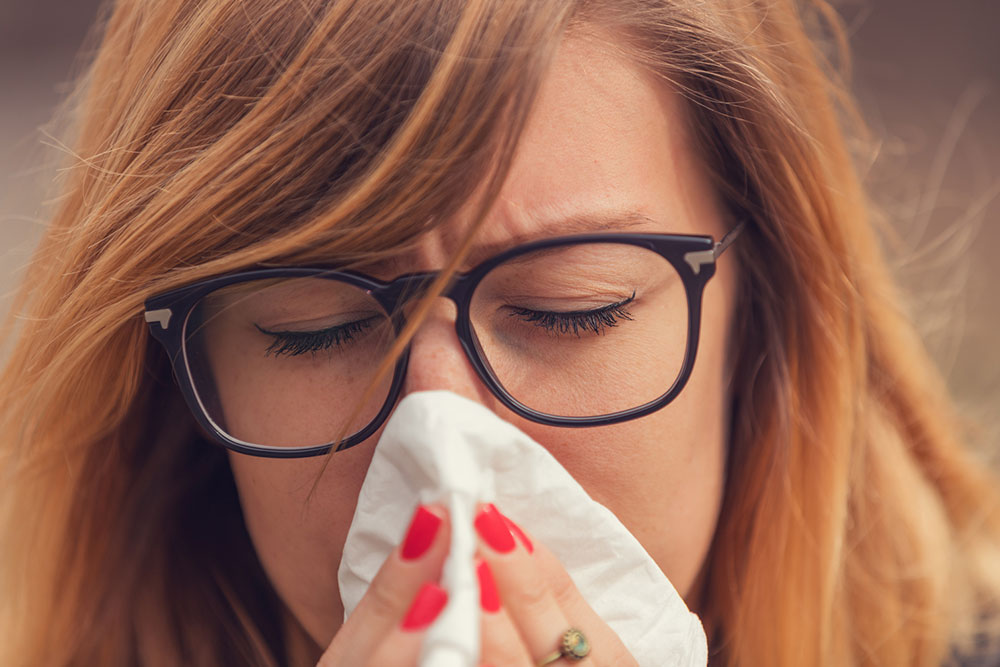Strategies and Medications to Alleviate Seasonal Allergies
Learn effective strategies and medications to manage seasonal allergies. Discover common allergens, symptoms, and tips for natural relief and lifestyle modifications to enjoy outdoor activities without discomfort.

Strategies and Medications to Alleviate Seasonal Allergies
With changing seasons, many appreciate the sights of spring and fall, but for allergy sufferers, these times often bring symptoms like sneezing, itchy eyes, and nasal congestion. Known as hay fever or allergic rhinitis, this condition results from the immune system overreacting to airborne substances.
Typical symptoms include a constant runny nose, frequent sneezing, red and watery eyes, and nasal swelling. Severe cases may also involve coughing and headaches.
Common Allergens
Seasonal allergies arise from inflammation caused by airborne allergens such as pollen from trees, grasses, and weeds. The types and abundance of these allergens depend on the region and the season. Pollen from flowers and trees causes spring allergies; grass pollen is predominant during summer; weed pollen, especially ragweed, triggers autumn reactions. Mold spores and indoor allergens may affect individuals during winter.
Tree pollen, grass, and weed pollen are the main culprits for allergy outbreaks. Spring triggers include birch, cedar, and willow pollen; summer allergies often result from grass pollen after mowing; fall experiences sharp reactions to ragweed. In winter, lower pollen levels shift focus to mold spores and indoor allergens.
Recognizing and Managing Symptoms
Symptoms include nasal congestion, itchy eyes, sneezing, and conjunctivitis. Additional signs may involve ear blockage, coughing, headache, and breathing issues. Treatment involves medications and lifestyle adjustments.
Causes of Allergic Reactions
When the immune system mistakes harmless airborne particles for threats, it releases chemicals like histamine, leading to allergy symptoms. Managing these reactions involves reducing exposure and using medications to block histamine effects.
Spring allergens mainly include tree pollen from birch, cedar, and alder.
Summer symptoms are typically due to grass pollen after mowing.
Autumn allergies are primarily caused by ragweed and weed pollen.
Winter pollen levels are lower, but mold spores and indoor allergens may pose problems.
Remedies and Lifestyle Tips
Although allergies are lifelong, symptoms can be managed effectively through medications and lifestyle changes.
Antihistamines like cetirizine and loratadine reduce allergy symptoms by blocking histamine.
Decongestants such as pseudoephedrine provide quick relief from nasal congestion but should be used short-term.
In severe cases, nasal corticosteroids help reduce inflammation and should be used under medical guidance.
Combining antihistamines with decongestants offers comprehensive symptom control.
Preventive Measures and Natural Support
Besides medications, reducing exposure to allergens is crucial. Avoid outdoor activities on windy days, shower after outdoor exposure, and wear masks if needed. Using saline nasal rinses can help clear nasal passages. Incorporating vitamin C-rich foods and flavonoids may naturally lessen allergic responses, allowing a more comfortable outdoor experience.


